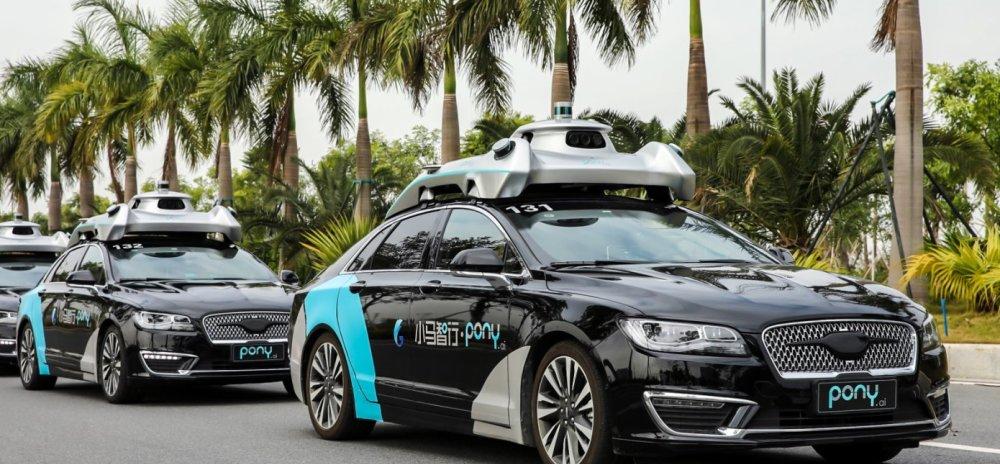Pony.ai, a Chinese self-driving startup with offices in the United States, suspended testing of its self-driving pilot fleet in California six months after receiving approval from local regulators to test autonomous vehicles without human safety drivers. On November 19, the California Department of Motor Vehicles said in a statement that after a collision in Fremont on Oct. 28, the California Department of Motor Vehicles notified Pony.ai suspended its driverless testing permits.

Pony.ai 10 Hyundai Kona electric vehicles are registered under their driverless test licenses. It is important to note that this suspension does not affect Pony.ai permission to test with a safety driver.
According to Pony.ai's crash report, the incident occurred on a clear morning when its driverless cars were using autonomous mode to change lanes. No other vehicles were involved and no casualties occurred. Subsequently, Pony Zhixing immediately launched an investigation and communicated with the California DMV about the incident.
While other self-driving vehicles have also reported crashes, most occur when a safety driver manually operates the vehicle, or when another vehicle hits an autonomous vehicle from behind. The incident was notable because an accident occurred while the vehicle was in autonomous mode, although no other vehicles were involved.
A spokesperson for the company said, "Since 2017, Pony's self-driving cars have successfully driven more than 750,000 actual miles in California. Founded in 2016 by a veteran from Baidu, Pony.ai is one of a group of automotive startups with R&D teams and test fleets in China and California. It has attracted heavyweight investors such as Toyota and Sequoia Capital, with a total funding of more than $1 billion and a valuation of $5.3 billion as of February. Just recently, it was approved along with Baidu to operate commercially driven self-driving cars in a demonstration area in Beijing.
The company has also faced obstacles in recent months. Reuters reported in August that it halted plans to go public in New York via SPAC. Last month, the company's self-driving truck business lost some key executives, putting the newly formed division in the lurch. With competition heating up, the startup has a lot to prove to its investors that it has competitive technology and viable business prospects.